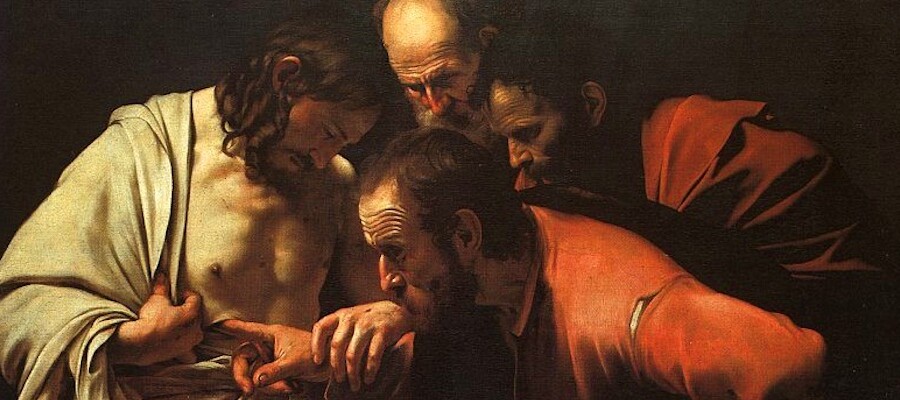Christian Identity and the Hegemony of Mammon
Ian Olson interrogates the exploitative structures which make racism possible and obscure the demonic origin of many American values.
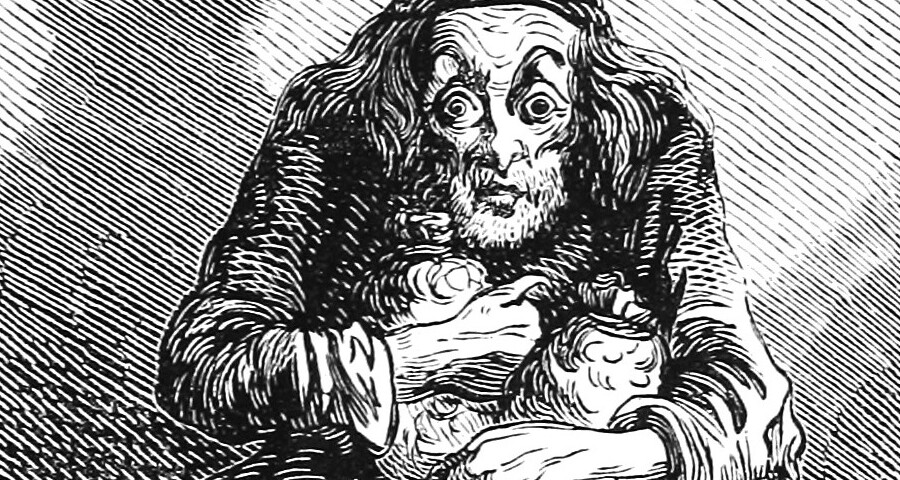
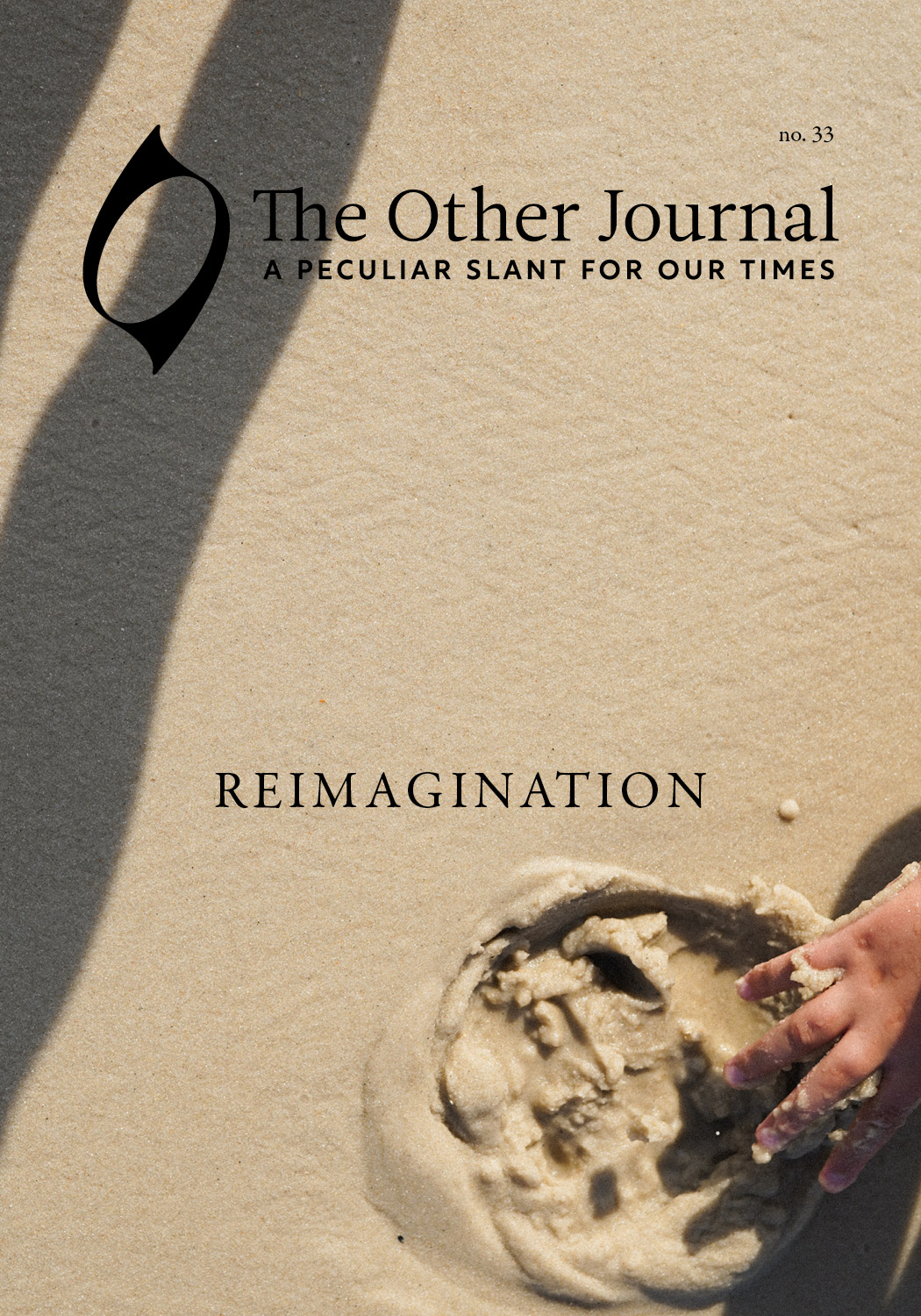
Ian Olson interrogates the exploitative structures which make racism possible and obscure the demonic origin of many American values.

Joshua Heavin describes why we need another yet another commentary on Romans.
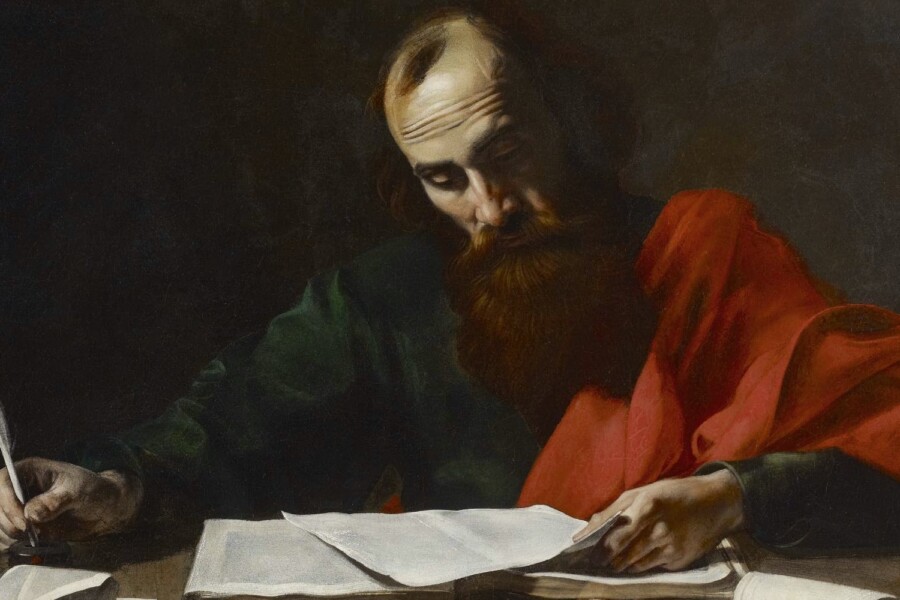
Joanne Nelson wanders and wonders through tributaries of watery connections.

Jonathan Hiskes considers habits of numbness and rest and his love for Frac.

Joanne Nelson mindfully considers the intersection of meditation and her morning cup of coffee.
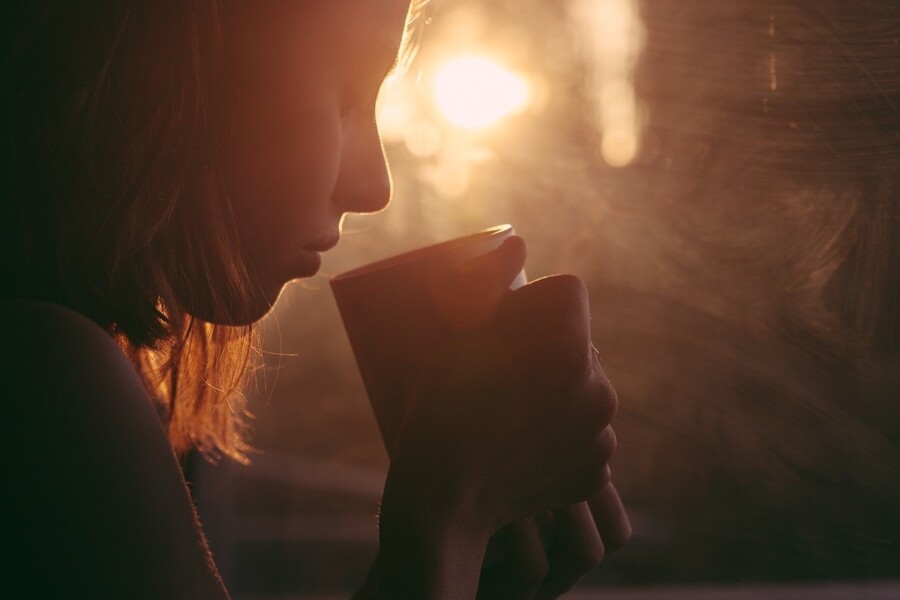
Brian Walsh proposes a biblical reimagination of sacred space.
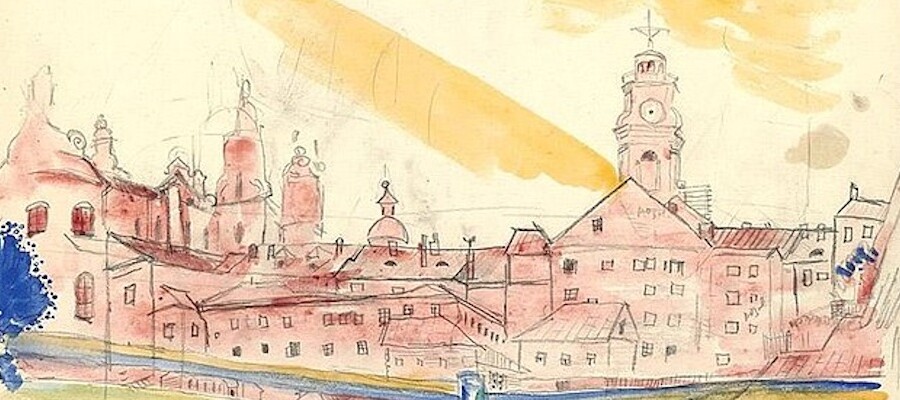
Chris E. W. Green suggests that the origin of the world is neither spectacle nor sacrifice; our origin is sweetness.
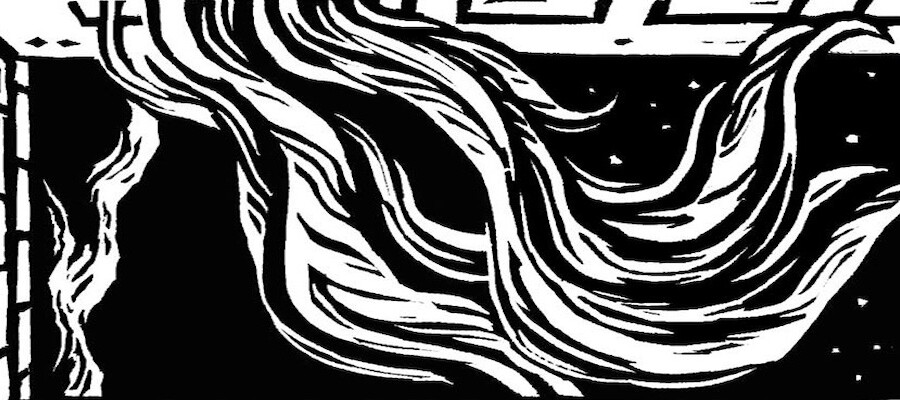
Mary McCampbell shares how reading Shakespeare and Frederick Douglass changes minds about racial injustice.
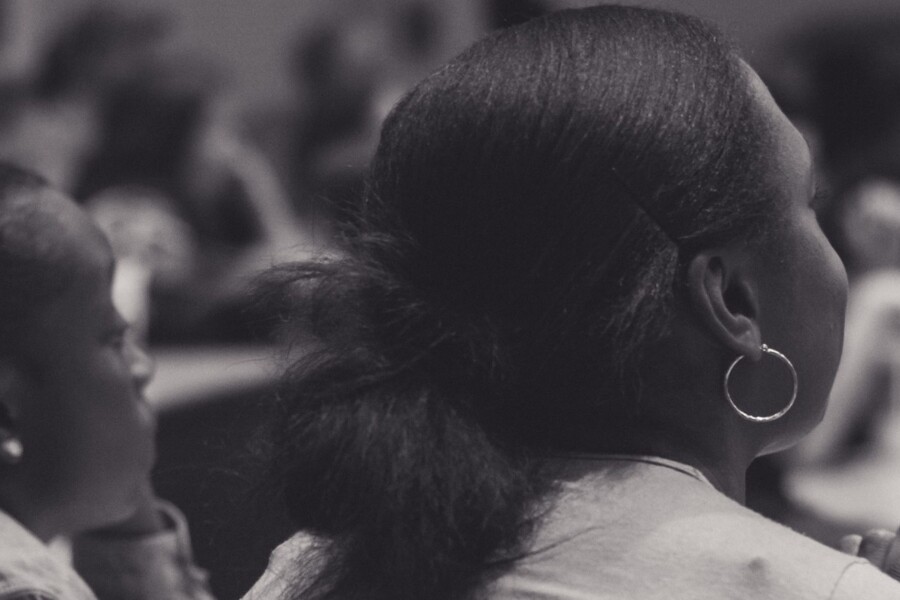
Preston Hill explores the loss of faith in God after trauma and the positive place of doubt in the Christian life.
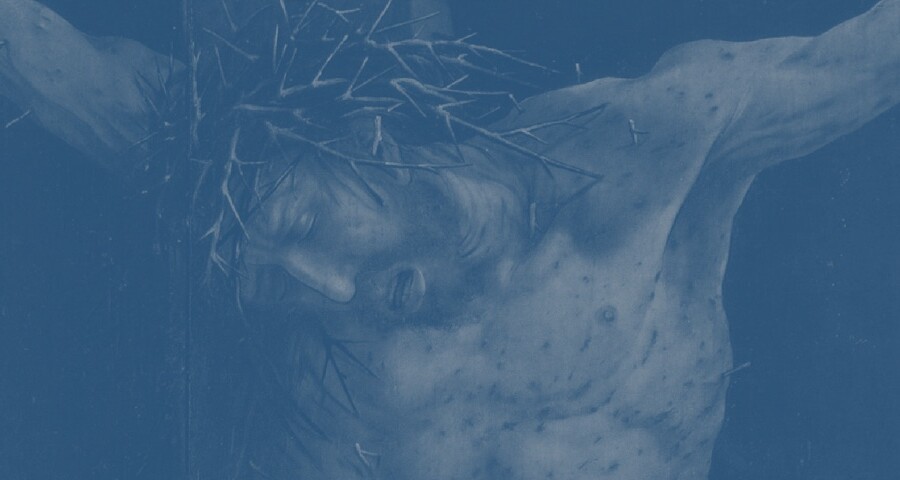
Emilie Grosvenor draws on Mary and the early church to meditate on the loss of a loved one.
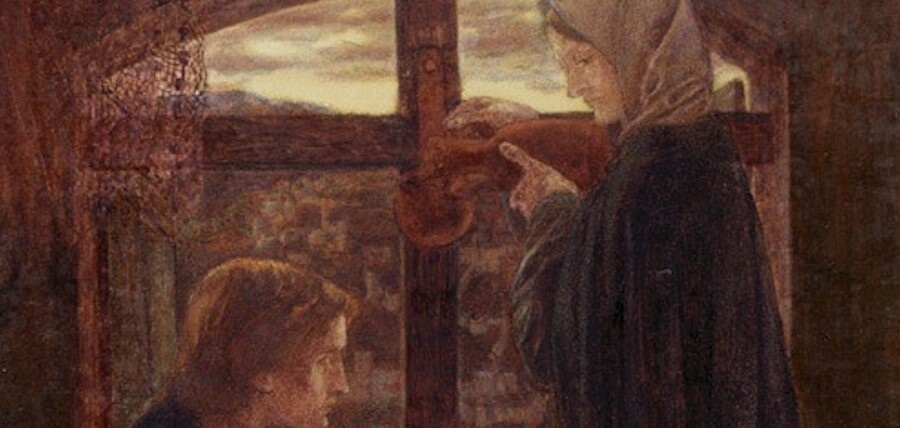
Samuel J. Youngs explores sin and traumatization with Jürgen Moltmann.
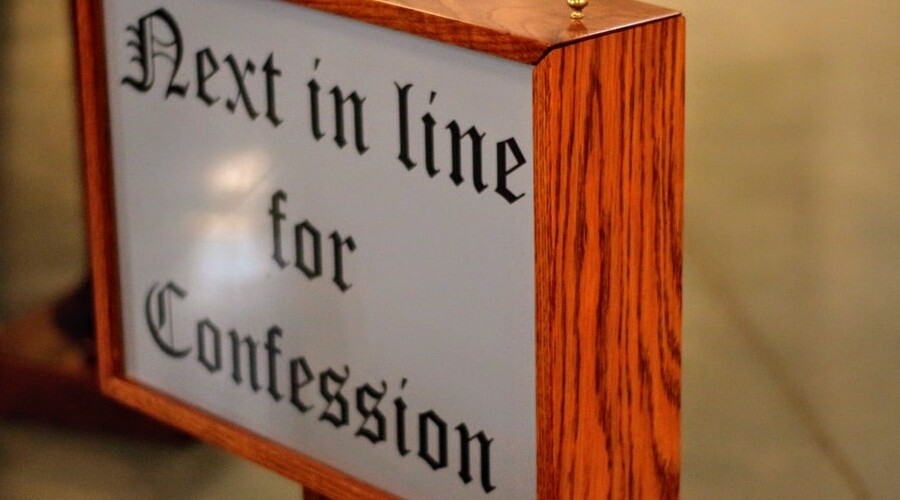
Megan Hamilton retells stories of her small town through some of its least-noticed structures.
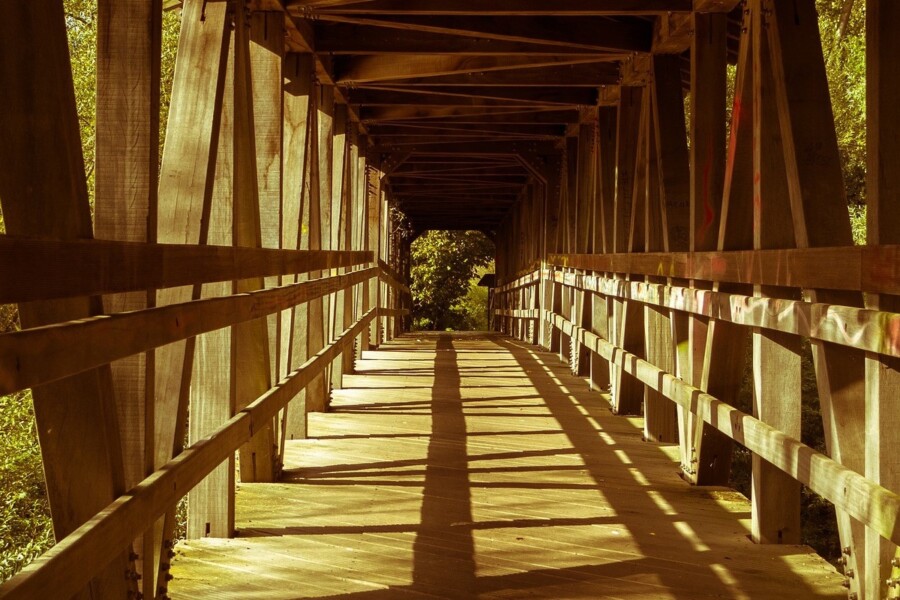
N. Ammon Smith asks how we avoid becoming consumers in an age of digital ecclesiologies.
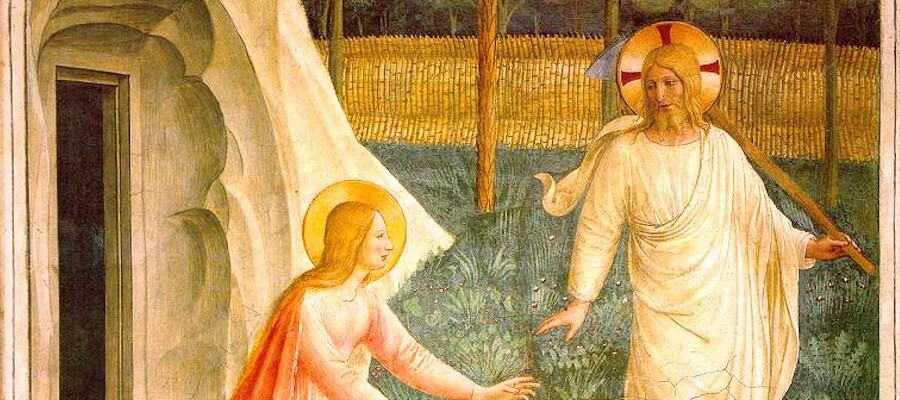
Rose Schrott explores how The Bachelor and American antebellum conceptions of sin invite the white church to reimagine sin and rethink racism.
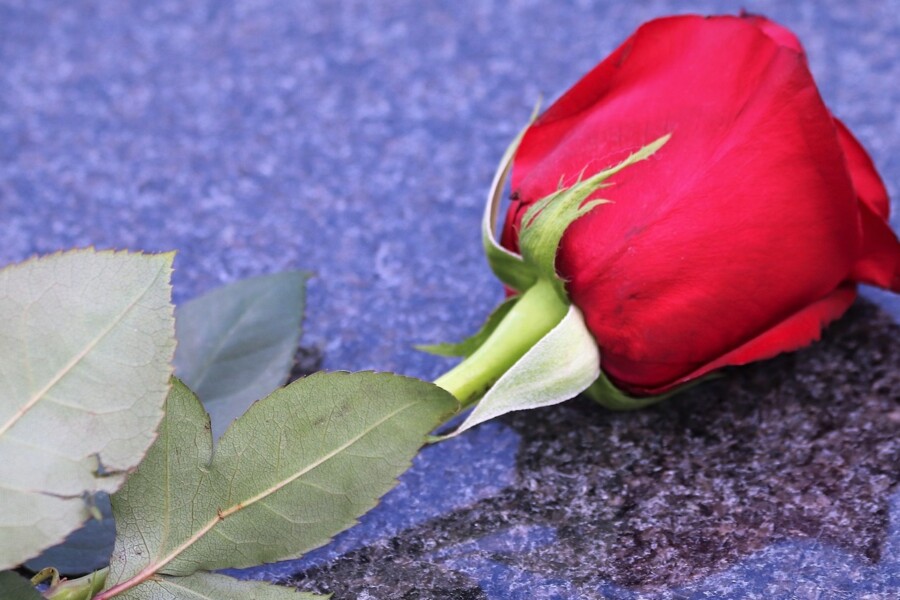
Julie L. Moore imagines what the underground railroad might say if it could speak.
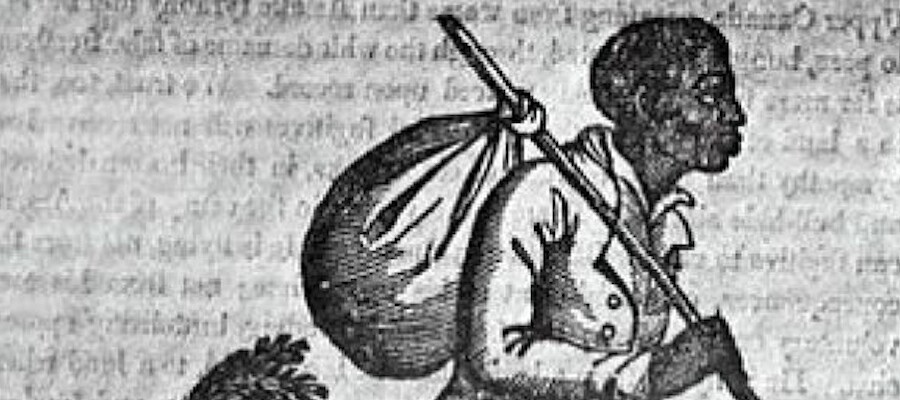
Tejai Beulah explores US Christianity from the perspective of a formerly enslaved grandmother.
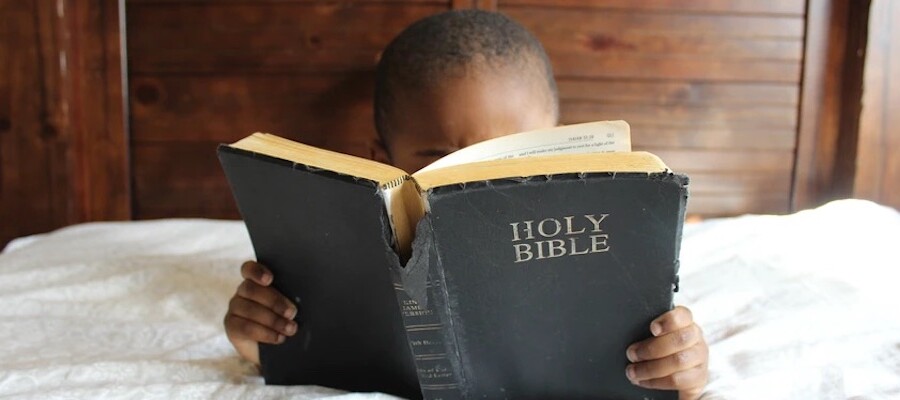
Claire K. McKeever-Burgett reimagines the traditional Christmas Eve liturgy from Mary’s perspective.
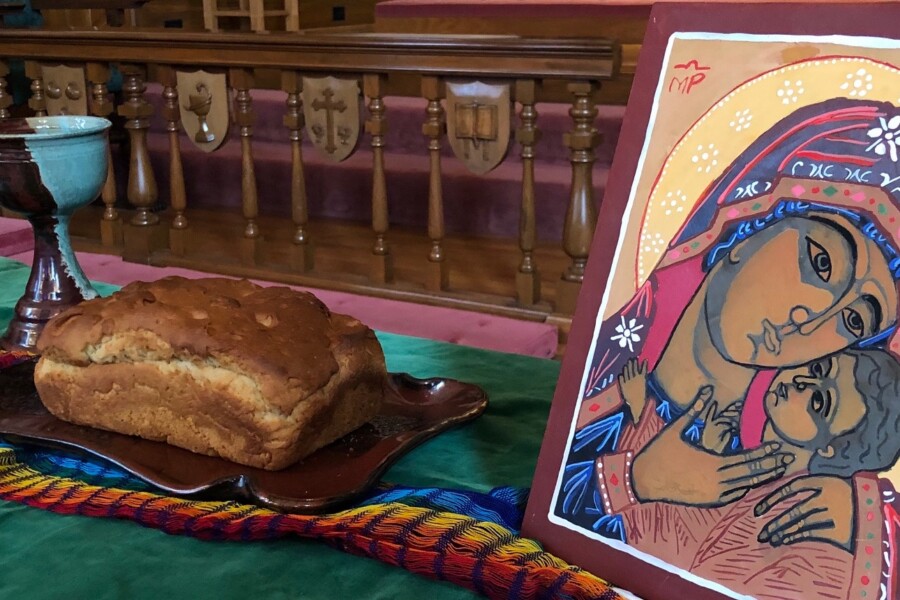
Caroline Stowell learns the difference between loving and converting.
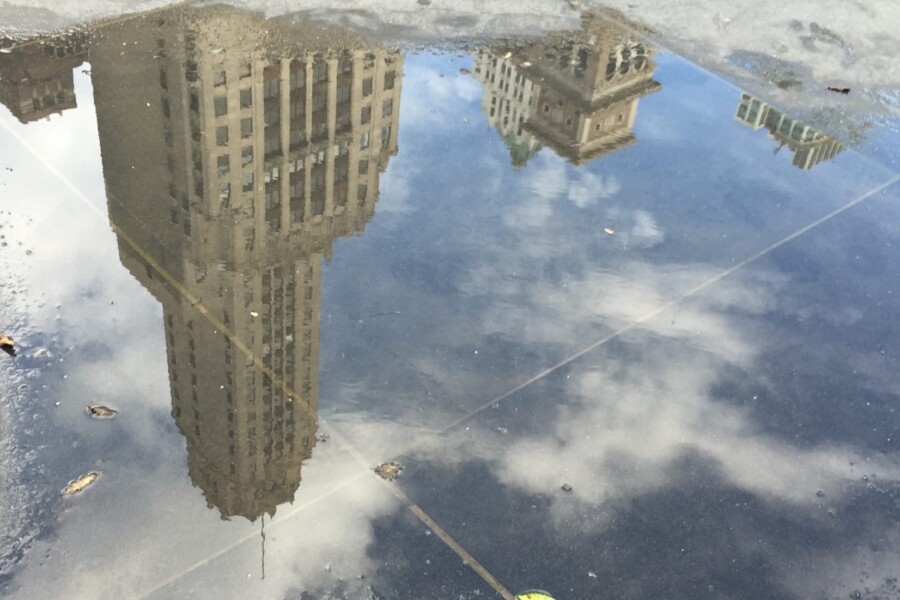
Sonja Livingston contemplates junior high, Blondie, and what it means to be saved.
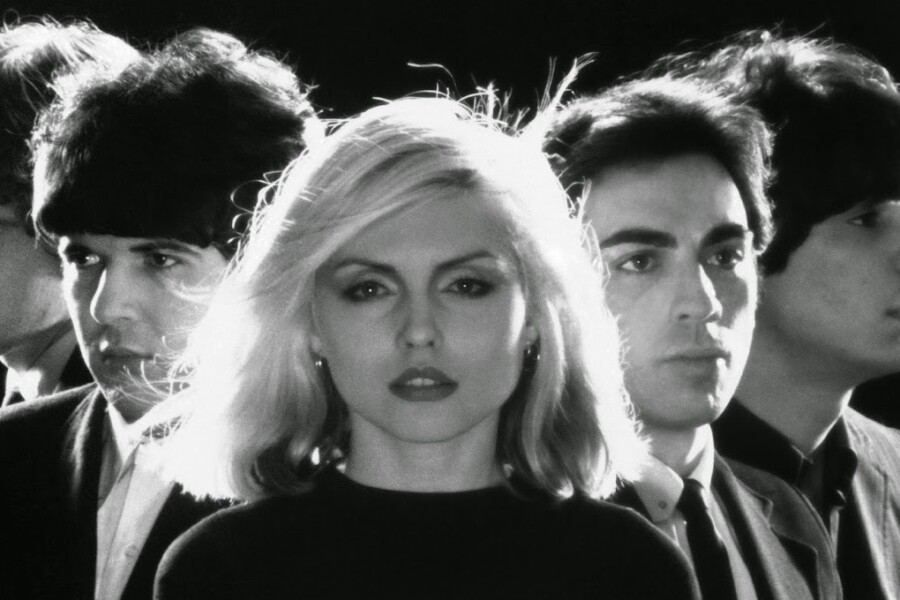
Heather M. Surls wrestles with untamable glory and mystery.
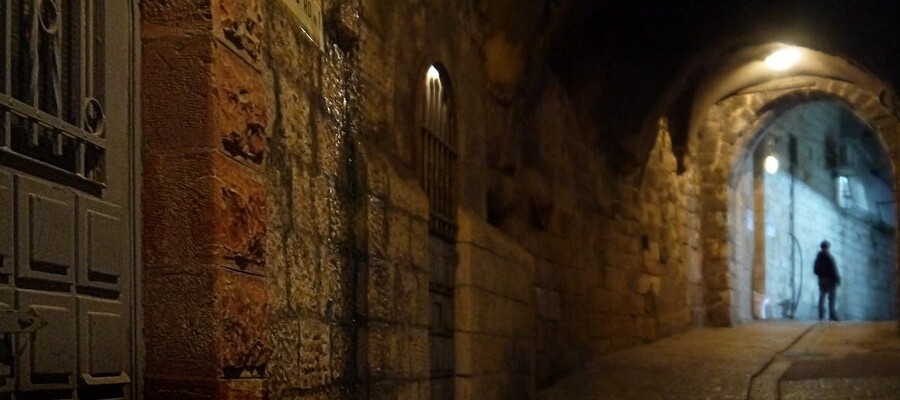
Shelby Poulin imagines church, humbled and stripped-back.
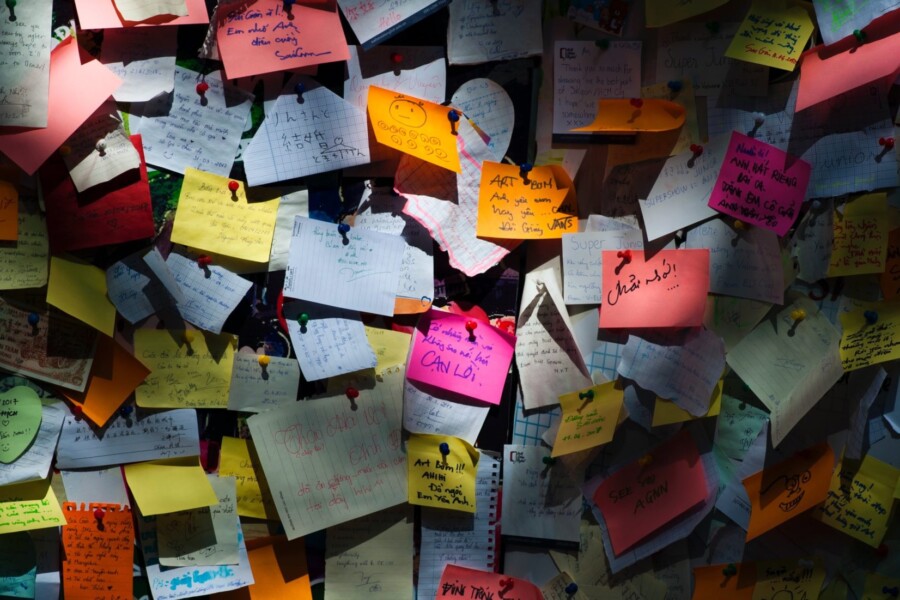
Justin Phillips reviews Aaron Griffith’s God’s Law and Order and Brenda Salter McNeil’s Becoming Brave.
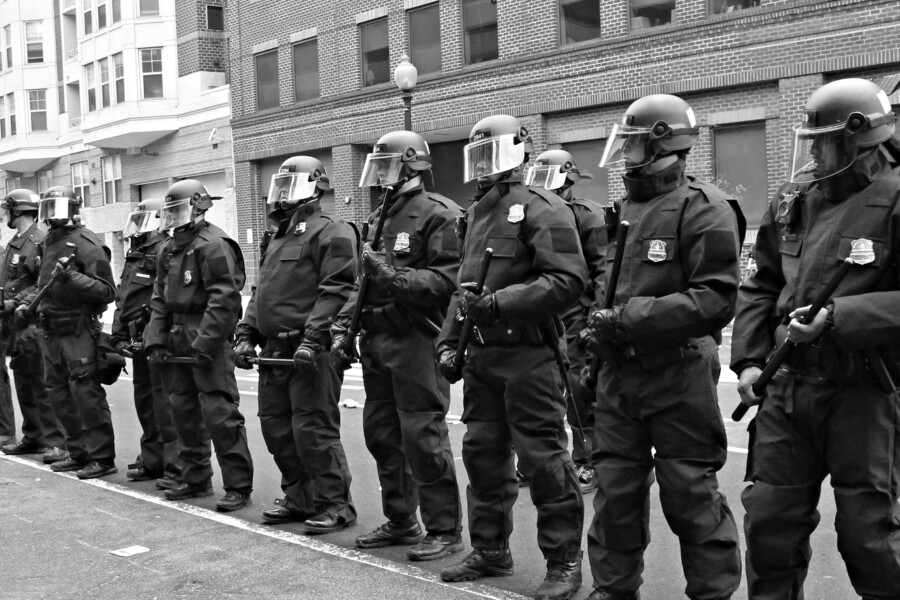
Laura Anella Johnson writes of remembering and forgetting the work of God.
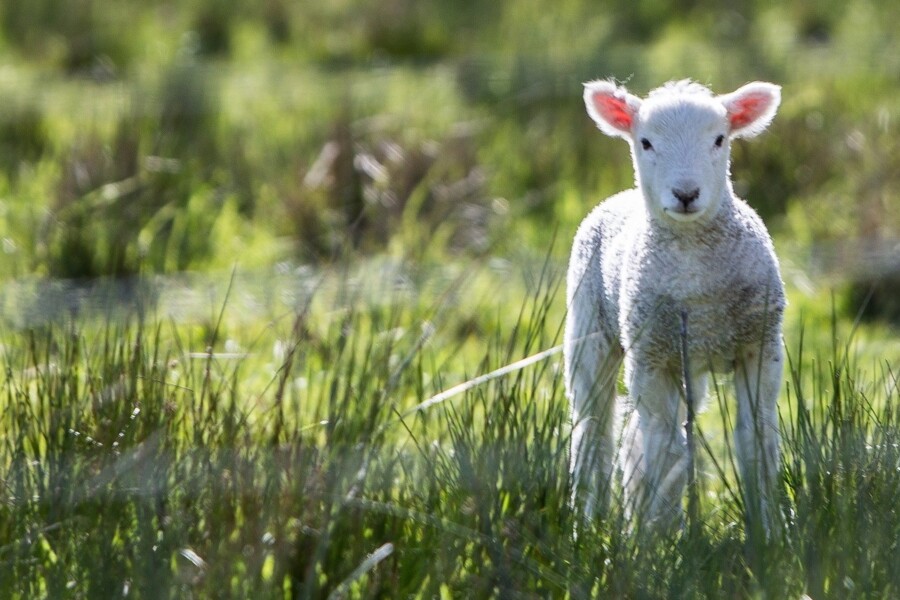
Benjamin Bagocius senses Noah forgot something.
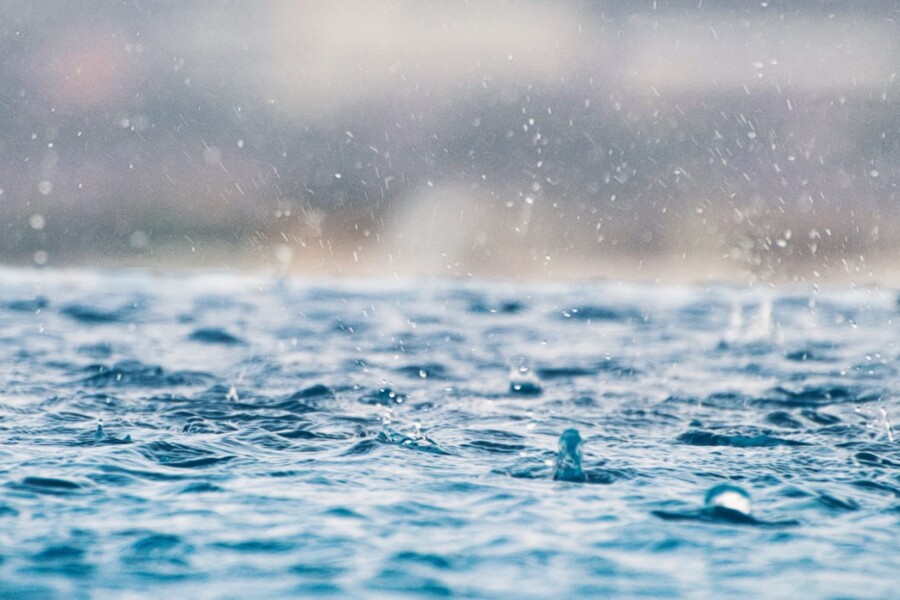
Joel Mayward converses with Native American theologian Randy Woodley about the beautiful story-truths of Indigenous perspectives.
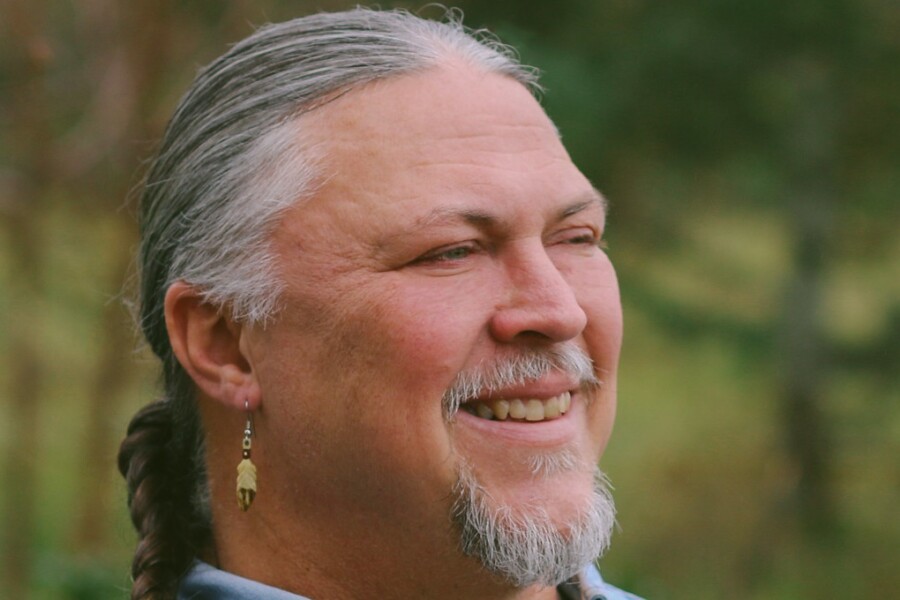
Lori Erickson seeks healing and an understanding of holy dirt in Chimayó, New Mexico.
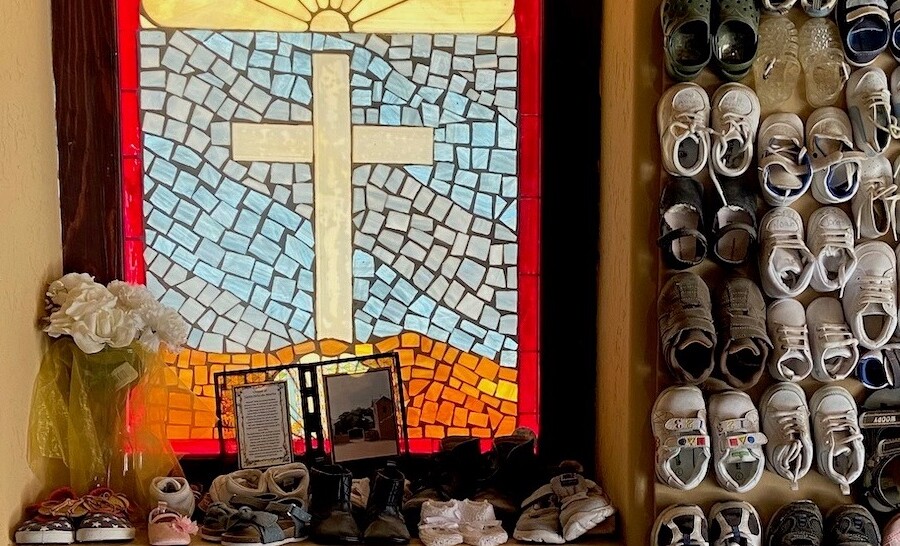
Christina Lee Barnes contemplates an unconventional kind of motherhood.
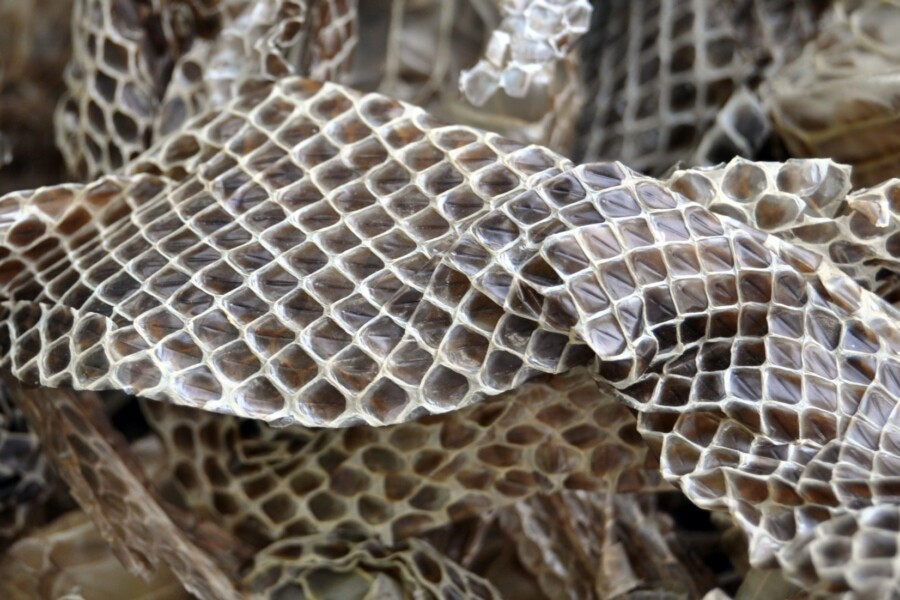
Christina Lee Barnes draws inspiration from a Los Angeles folk-art landmark.
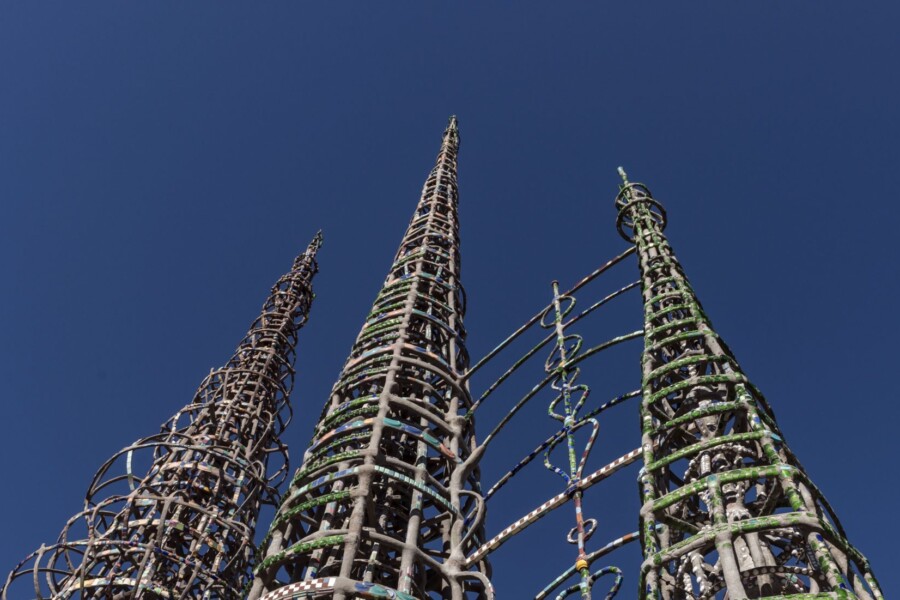
Jon Coutts revisits his fear of eternity in light of two weirdly fantastic science fiction films.
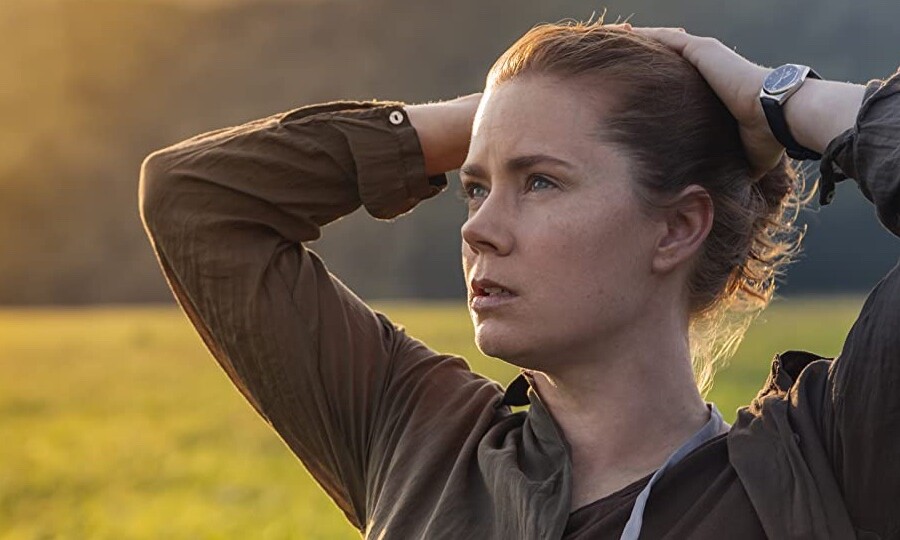
Roger Owens seeks mystery and communion while gazing at the moon on a cold January night.
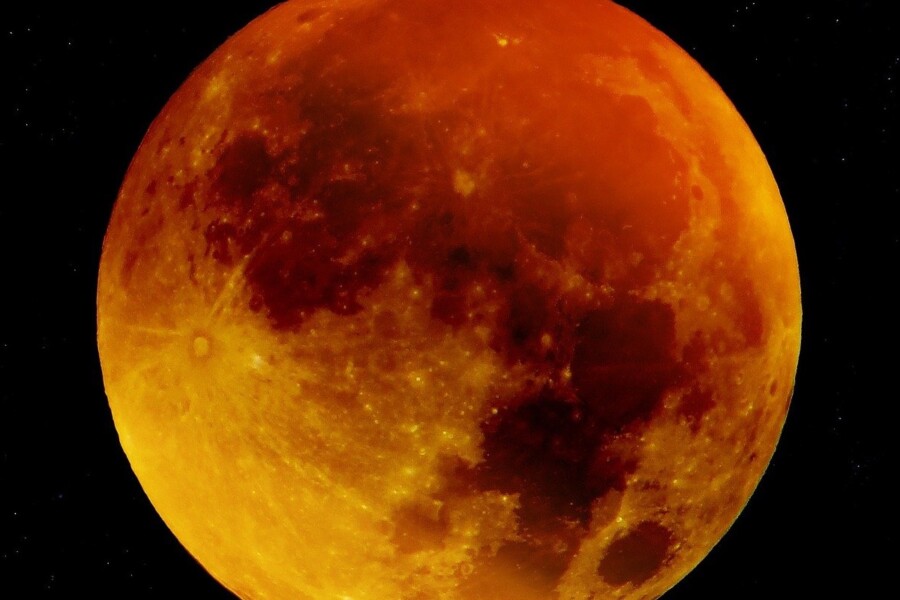
Ken Badley reviews The Rise and Triumph of the Modern Self by Carl R. Trueman.
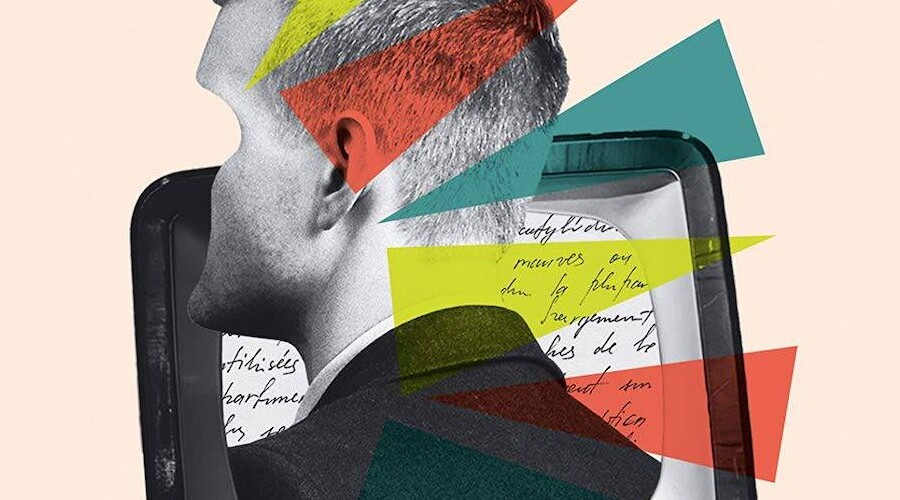
Joel Kiekintveld suggests open arms and shared space as a tough remedy for our cultural and political divides.
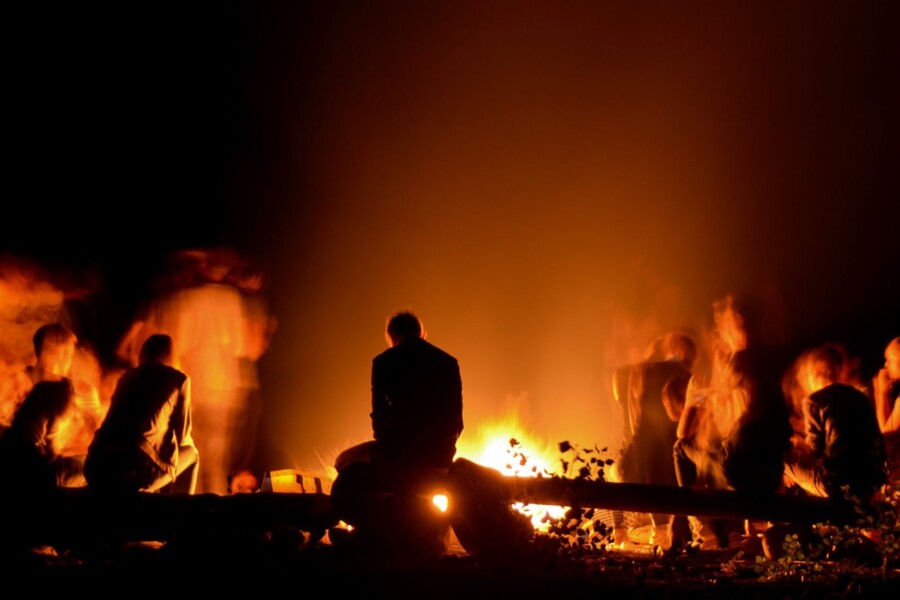
Justin Phillips and Zac Thomas Settle interview Kristin Kobes Du Mez about her book, Jesus and John Wayne.
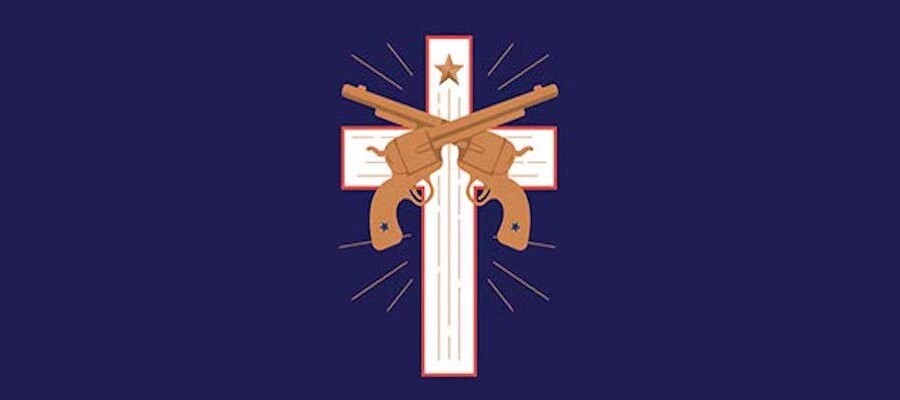
Zachary Thomas Settle brings Paul Griffith’s Christian Flesh into conversation with Natalie Carnes’ Motherhood.
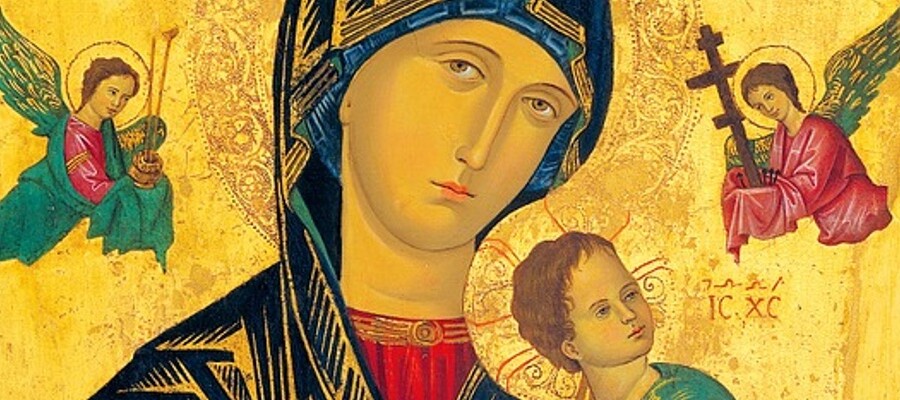
Elvir Ciceklic magnifies the Trinity in Jesus’s resurrection and the life of the church.
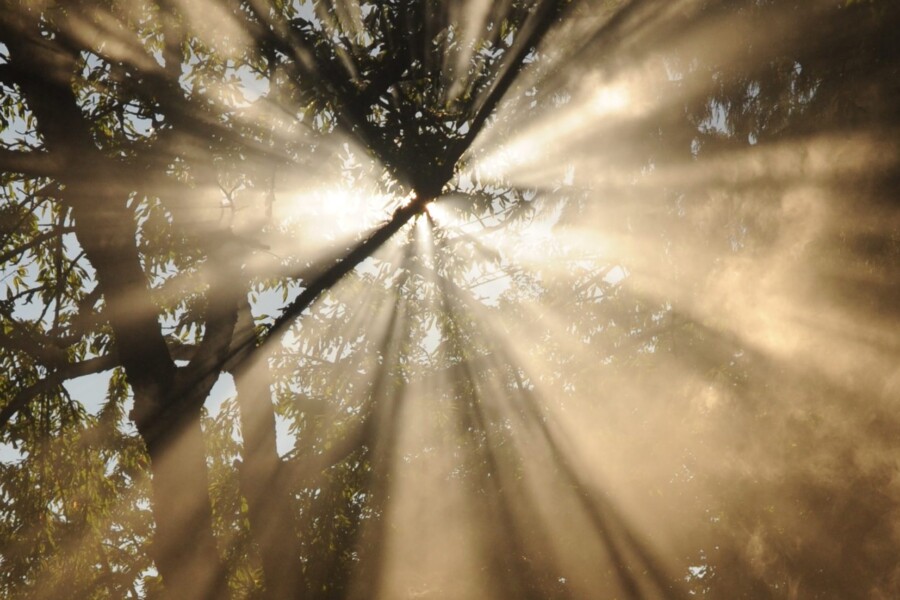
Joy Moore observes a bird begging for food in the wrong place.
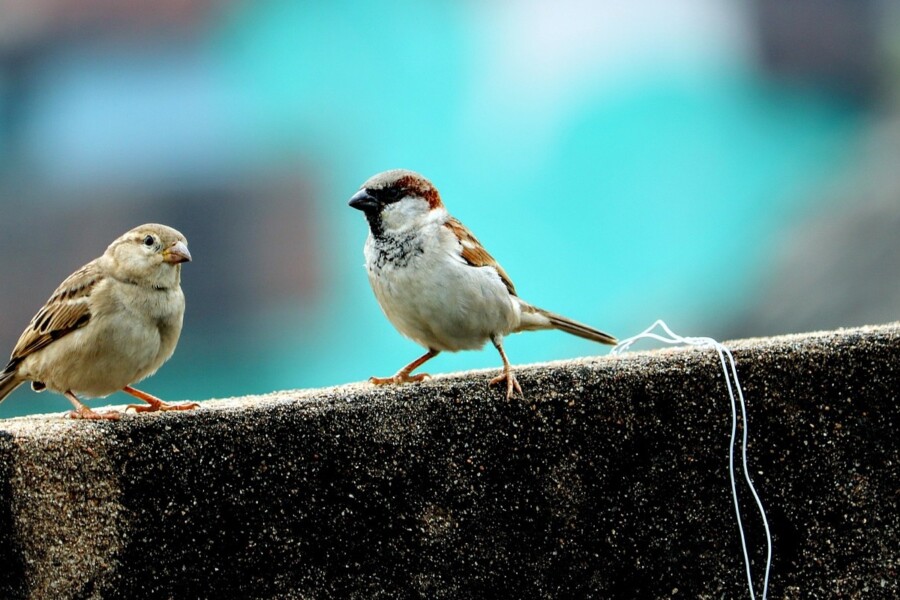
Cabe Matthews suggests that the biggest miracle Jesus performs in the Gospel of John is your faith.
